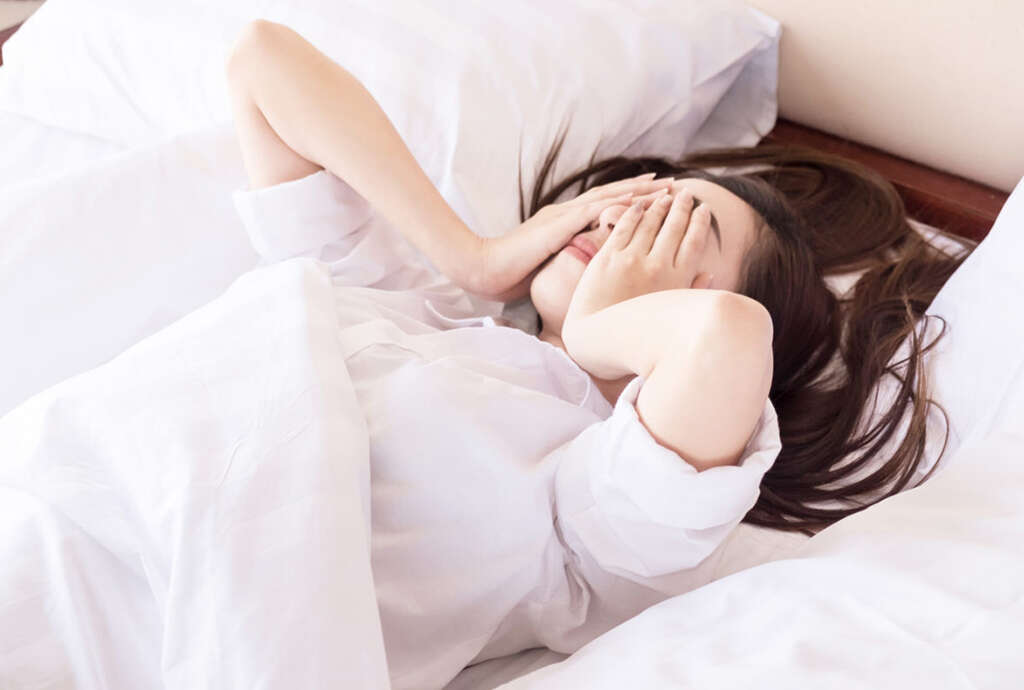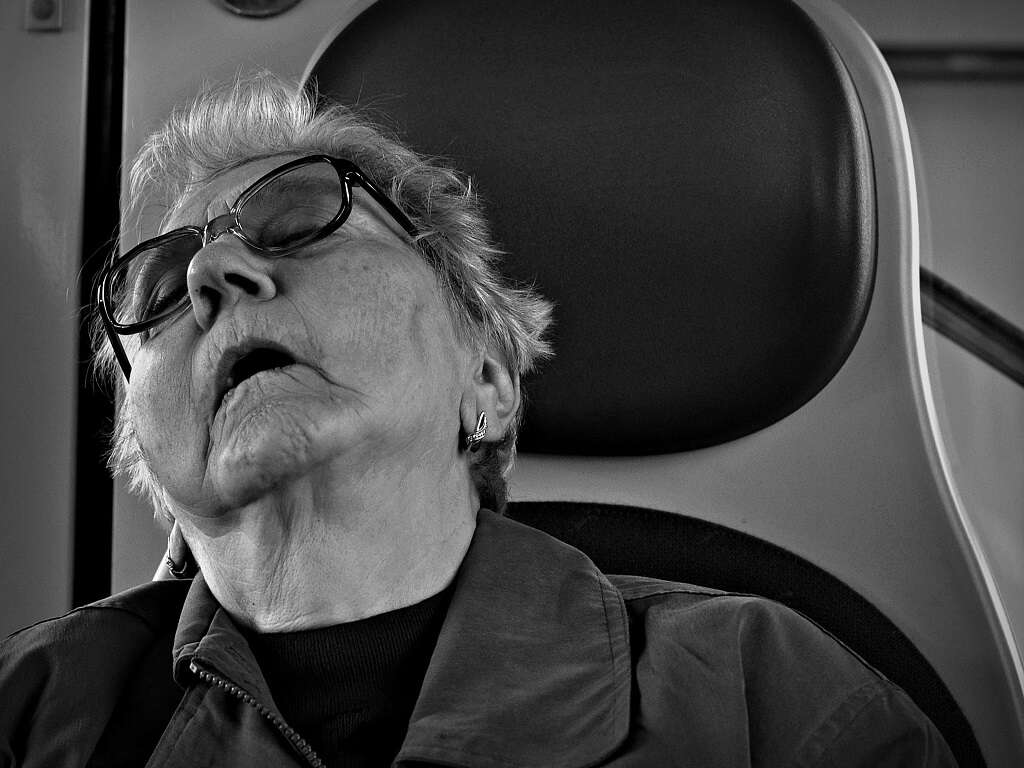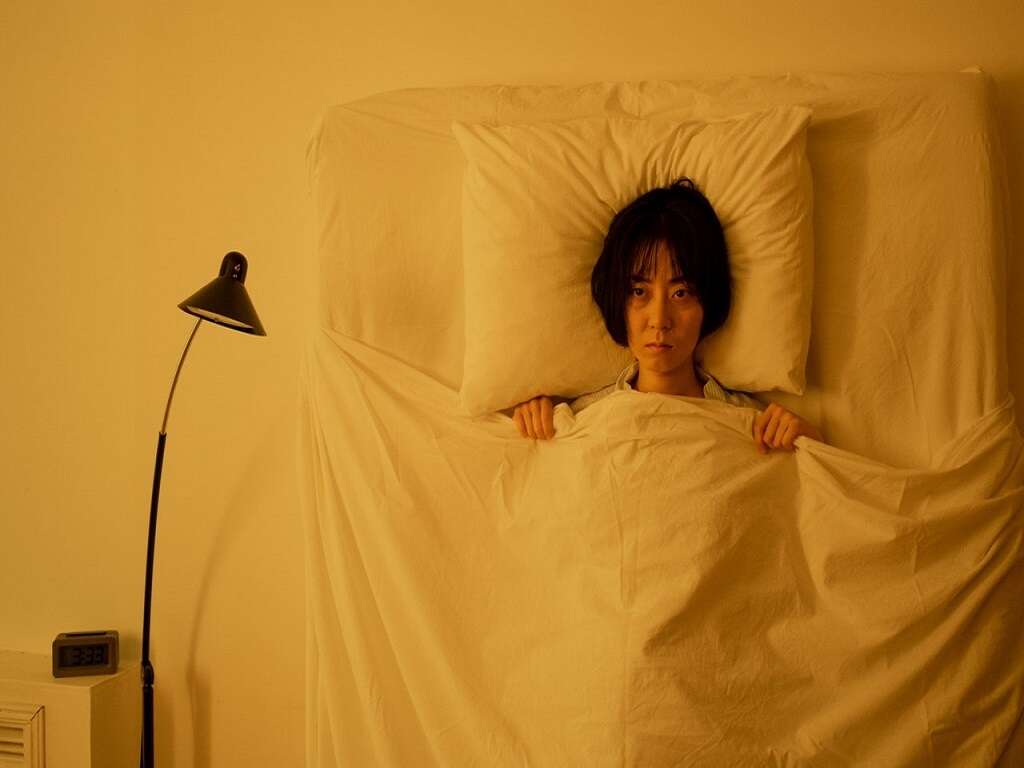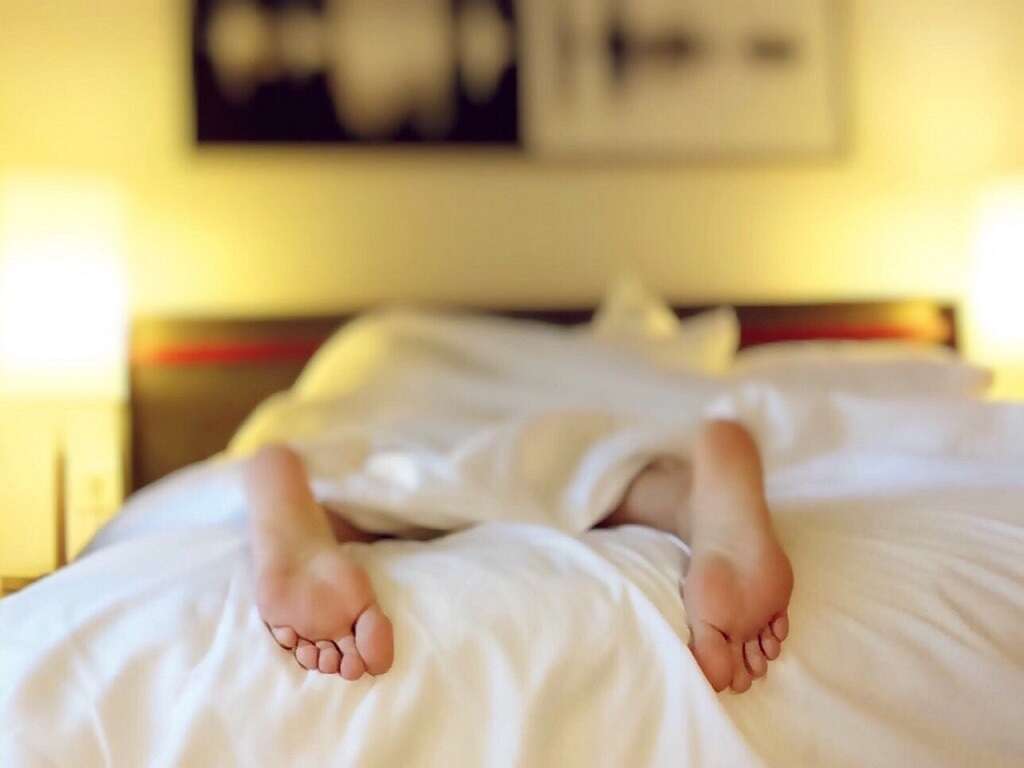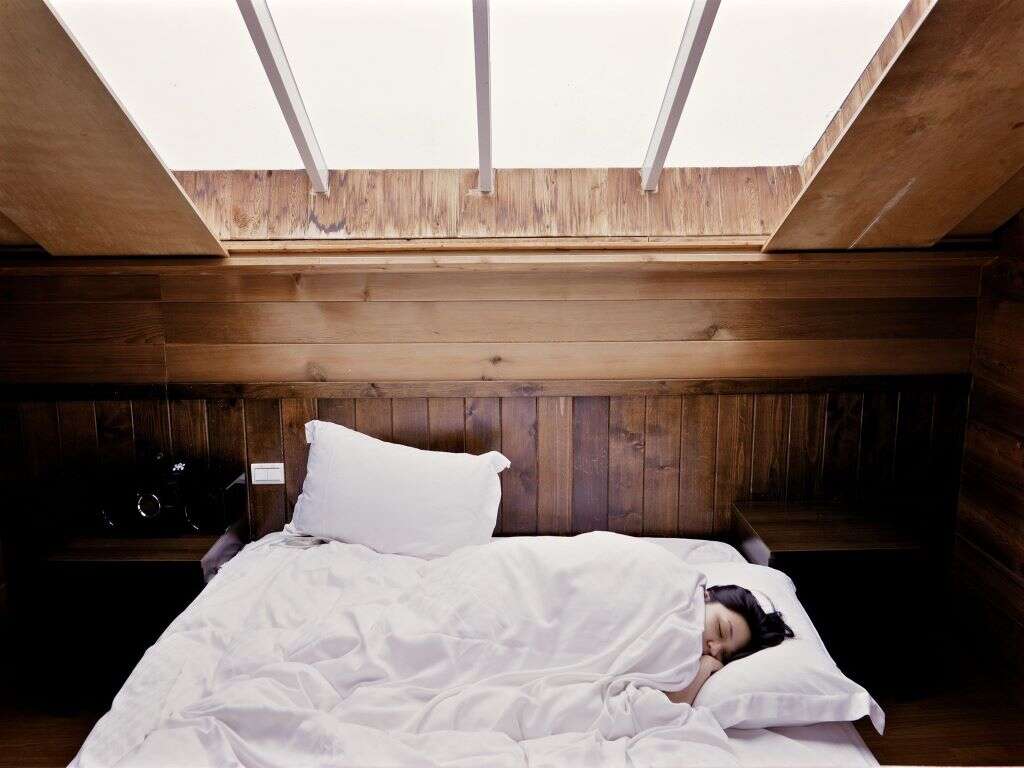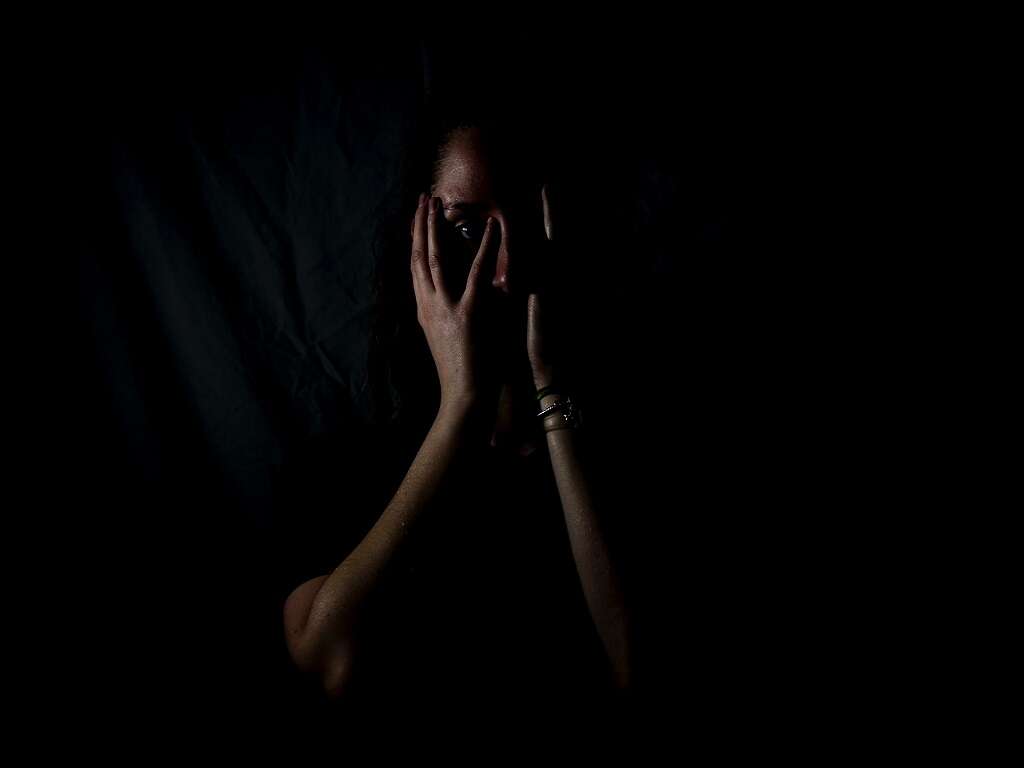10 Causes of Night Terrors In Adults
Night terrors are something that not only children face. They can affect a small percentage of adults too. What are they really? Night terrors are episodes of intense fear and terror while sleeping. A night terror attack typically lasts about 30 seconds and up to 3 minutes, rarely longer, occurring usually in the first couple of hours after falling asleep. Nightmares, on the other hand, tend to occur toward the end of sleep. Night terrors are often accompanied by sleepwalking.
Possible symptoms of night terrors in adults are a sudden awakening from sleep fully or partially, thrashing, screaming, intense fear and terror of an unknown reason, rapid heartbeat, rapid breathing, increased blood pressure, dilated pupils and wide eyes, sweating, increased muscle tone, not remembering the event, etc. Here are the top 10 causes of night terrors in adults:
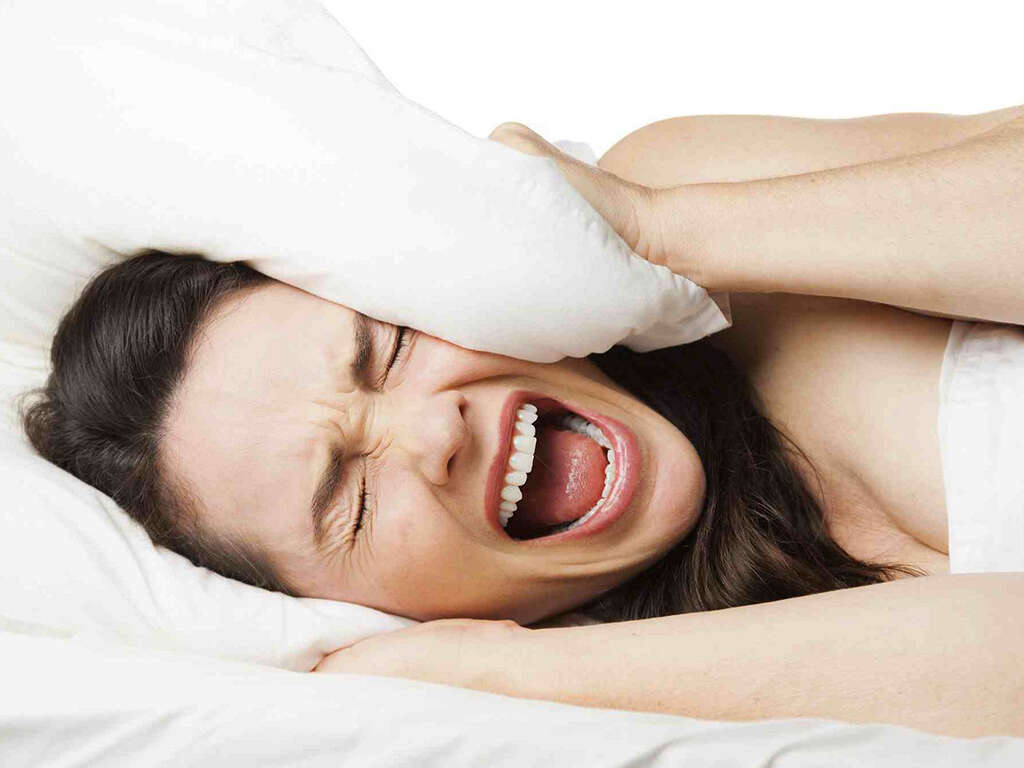
Cause #1: Physical or Emotional Stress
Physical or emotional stress is a problem that many adults deal with at a certain point in their life. Because stress affects the nerves and the brain, interrupting their normal functioning, it is easy to understand why night terrors are caused by physical or emotional stress.
During physical or emotional stress, people tend to overthink, which leads to the conclusion that night terrors in adults can evolve from an overactive mind. By reducing the physical or emotional stress you will also reduce the occurrence of night terrors. There are various ways how to eliminate and reduce stress starting from relaxation techniques, yoga, swimming, listening to music, reading, walking, etc.
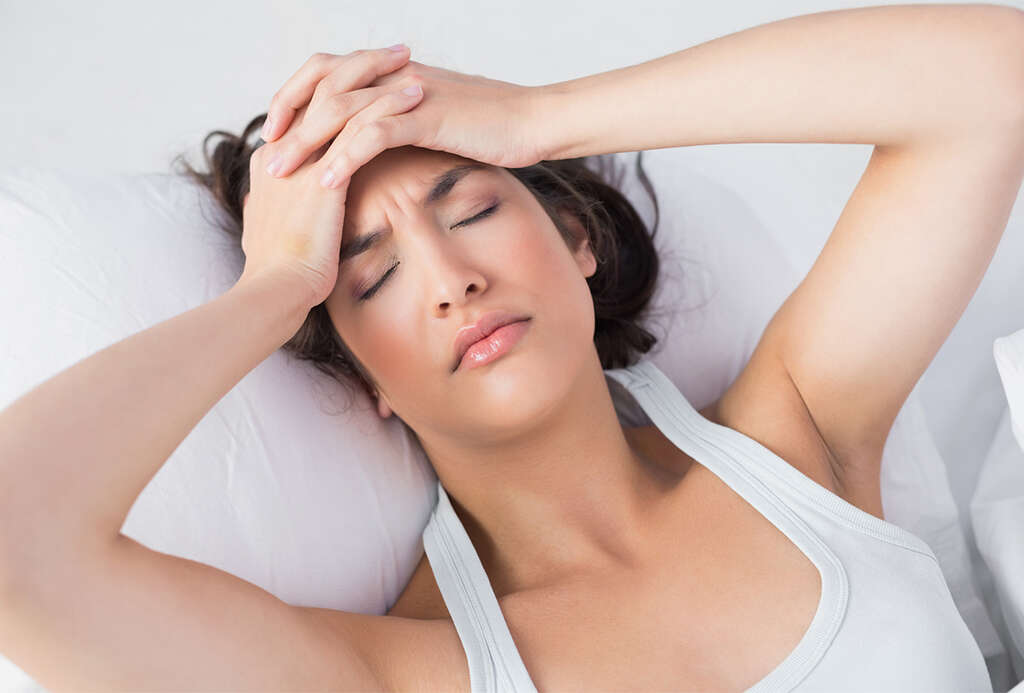
Cause #2 Post Traumatic Stress Disorder
Post-traumatic stress disorder (PTSD) is another common cause of night terrors in adults, which usually leads to recurrent and chronic episodes of night terrors. Considering the fact that something serious has occurred in someone’s life, it is no wonder that a person will have sleeping problems including night terrors.
PTSD is characterized by avoidance of thinking about the trauma, unwanted and intrusive thoughts about the trauma, and exaggerated startle response. Experiencing a near-death experience, as well as a significant or violent loss of a loved one are the most common causes of this condition.

Cause #3: Anxiety
Adults with panic attacks and anxiety disorders are more likely to have sleep problems. These include worrisome thoughts and a fear of falling asleep, difficulty getting a good night sleep, sleep apnea, sleep paralysis, nightmares, and even night terrors.
It’s no wonder that those dealing with anxiety problems wake up at night screaming, crying or thrashing their arms and legs. A good thing is that those night terrors tend to last only for a couple of seconds, usually no longer than 3 minutes and that once awake, they are not aware of their symptoms.
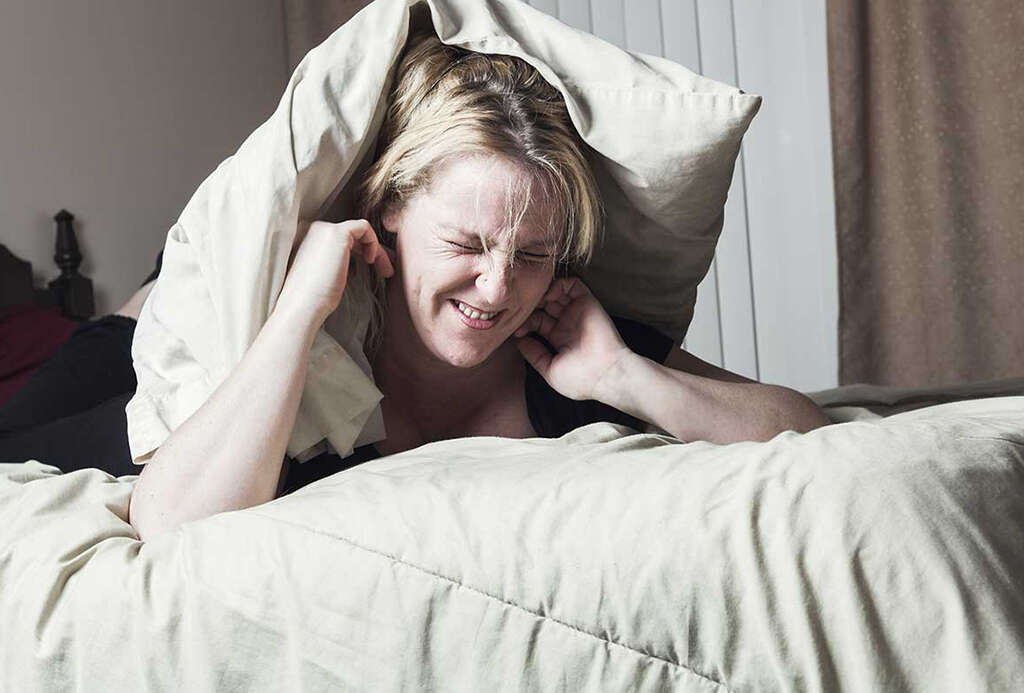
Cause #4: Bipolar Disorder
Sleep disturbance is one of the main problems that adults with bipolar disorder deal with. Many experience vivid dreams and nightmares, while night terrors are possible too.
Examples of night terrors in adults diagnosed with bipolar disorder include insects crawling over their bedroom and bed, walls closing in on them, etc.
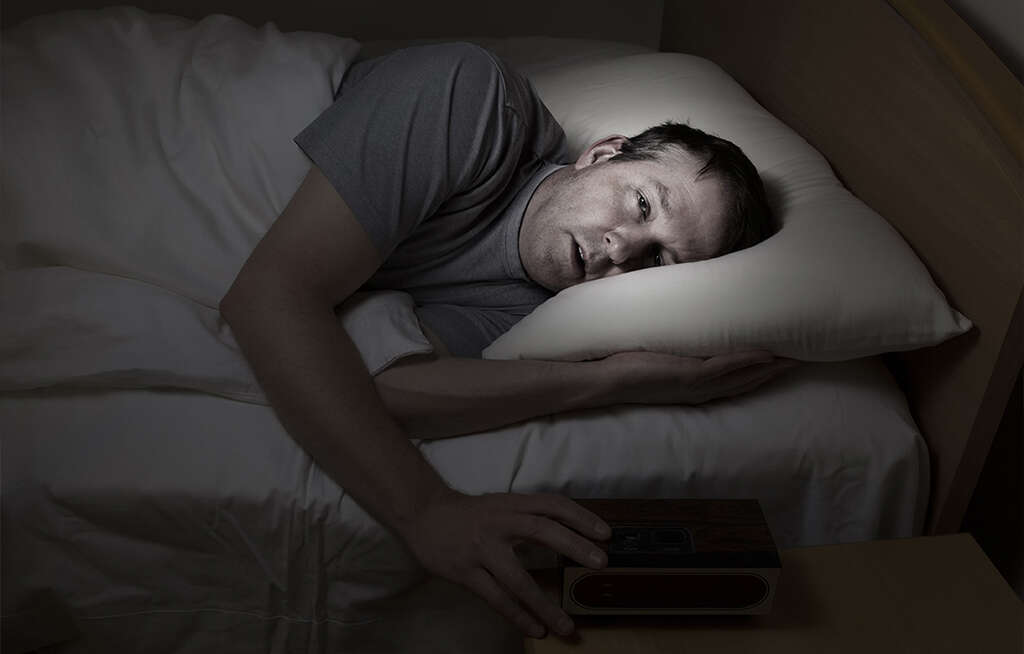
Cause #5: Recent Anesthesia
Undergoing total anesthesia necessary during a surgery is another cause that can lead to night terrors in both children and adults. Surgery is known to be traumatic. There is no disputing about that. A lot of people tend to have nightmares and even night terrors immediately after the surgery which can last for days and sometimes weeks. Factors associated with the development of night terrors and other sleep disturbances during the postoperative period include severity of surgical trauma, type of anesthesia, preoperative comorbidity, old age, postoperative pain, etc.
Having sleep problems immediately after having a surgery, including having night terrors, will have a negative effect on the postoperative period, even prolonging the recovery sometimes.

Cause #6: Sleep Apnea
Sleep apnea is a condition characterized by interrupted breathing while sleeping. It is usually caused by the tongue or tissue from the throat falling off into the airway and blocking it while sleeping.
Sleep apnea is treated with continuous positive airway pressure (CPAP) therapy, oral devices or sometimes even with surgery. You can prevent sleep apnea by losing weight if you are overweight or obese, stopping smoking if you are a smoker, limiting alcohol consumption if you tend to drink alcohol, especially avoiding alcohol consumption late in the evening, or avoiding the use of tranquilizers or sleep tablets as they will make the condition worse. If your sleep apnea problem resolves or gets better, then you will probably have fewer night terrors as well.
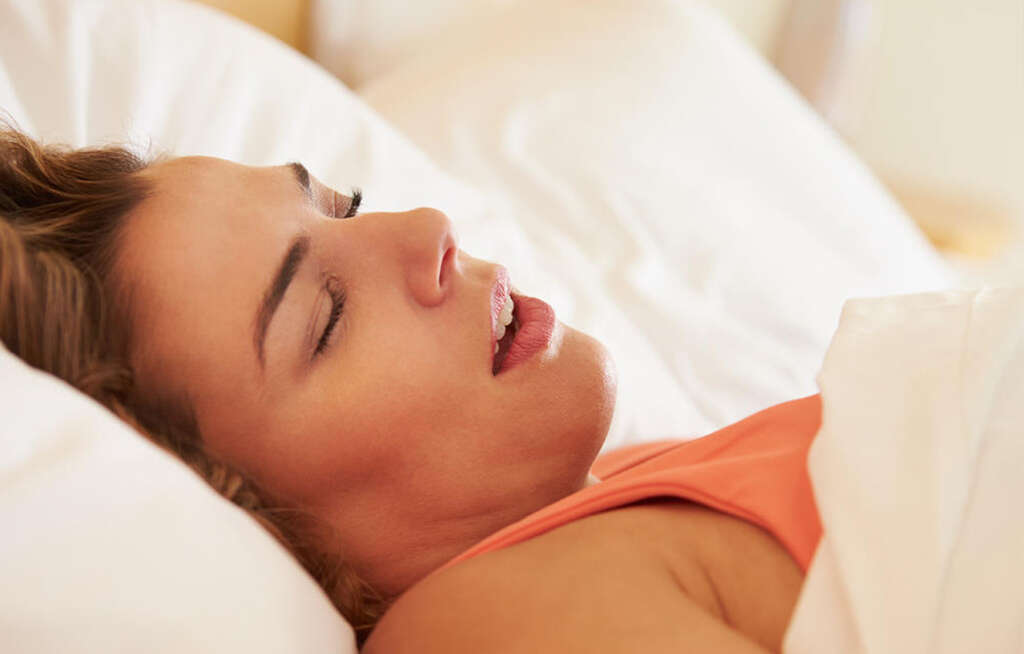
Cause #7: Sleep Deprivation
Even though it might seem strange, sleep deprivation is another common cause of night terrors in adults. Normally, you would assume that a person who did not sleep a lot lately will fall asleep immediately and sleep until fully recovered.
However, in certain cases, sleep deprivation contributes to adult night terrors, which makes the problem even worse, as falling asleep after a night terror can be quite difficult.

Cause #8: Use or Abuse of Certain Medications and Alcohol
Using or abusing certain medications can lead to night terrors and sleep disturbances. Medications which can lead to night terrors in adults include some blood pressure medications, antidepressants, narcotics, etc. Withdrawal from certain medications such as antidepressants, narcotics, or tranquilizers may trigger night terrors in adults too.
Alcohol consumption and especially alcohol abuse, as well as the withdrawal period from alcohol can all lead to night terrors and sleep disturbances in adults.

Cause #9: Genetic Factors
Various researchers have shown that genetic factors could be one of the causes of night terrors. Children and adults who have night terrors or even sleepwalk have at least one family member who has one or both of these conditions in about 80% of cases.
Identical and non-identical twins are also more likely to deal with night terrors and sleepwalking. Identical twins have a higher risk of having night terrors, while this chance is lower for non-identical twins.
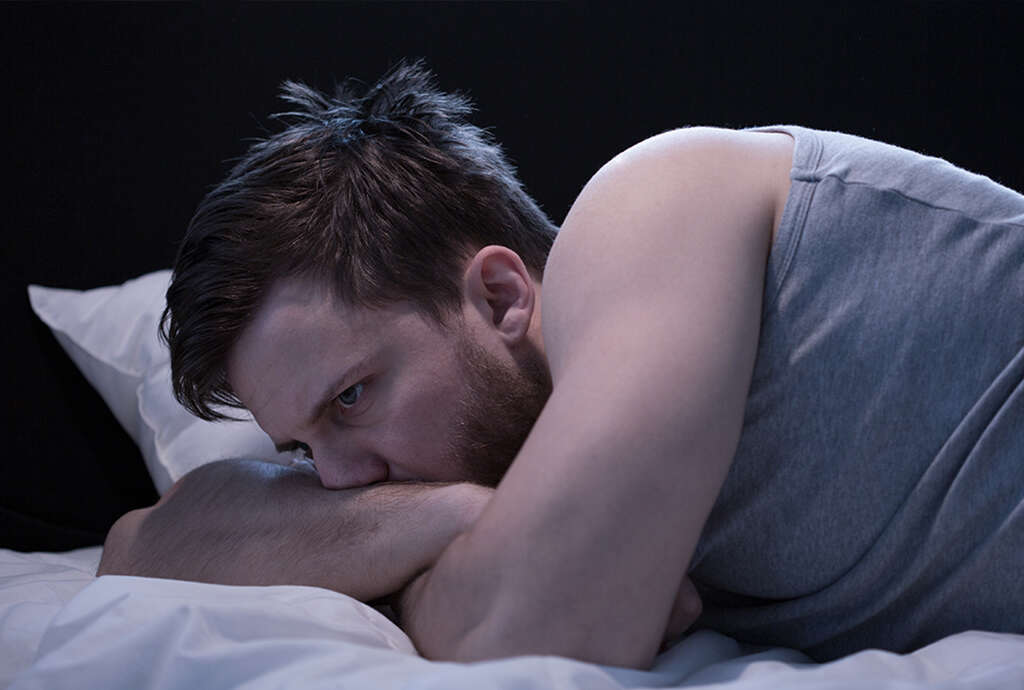
Cause #10: Migraine Headaches
Migraine headaches are usually moderate to severe headaches which are felt as a throbbing pain on one side of the head. These headaches are often accompanied by other signs and symptoms such as nausea and vomiting, increased sensitivity to light and sound, etc.
Migraine headaches are more common in women than in men. There are several types of migraines, including a migraine without aura, a migraine with aura, a migraine aura without a headache, etc.
One of the causes of night terrors in adults is migraine headaches. Some tend to have frequent migraine headaches, up to several times a week, which means that they are more likely to have recurrent and chronic night terrors as well.
